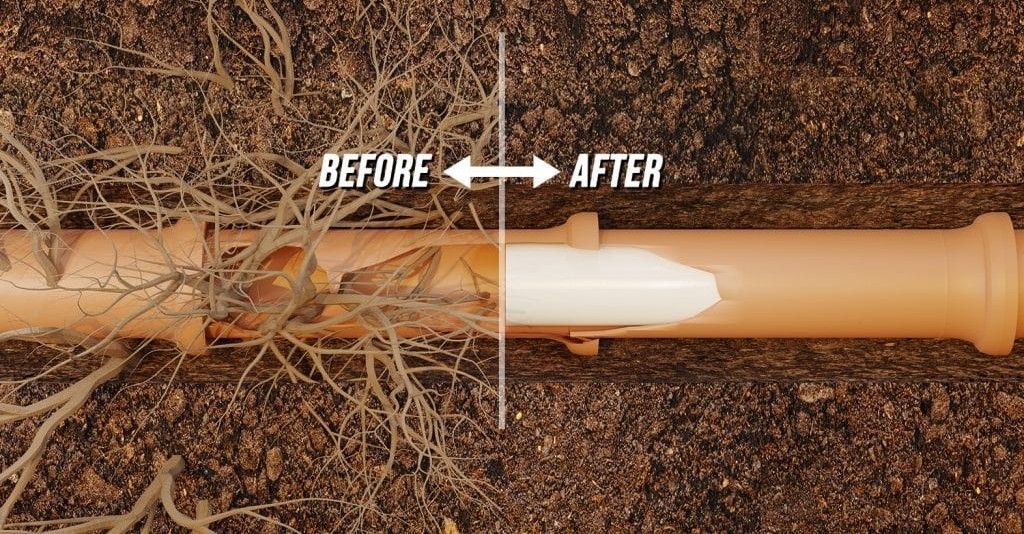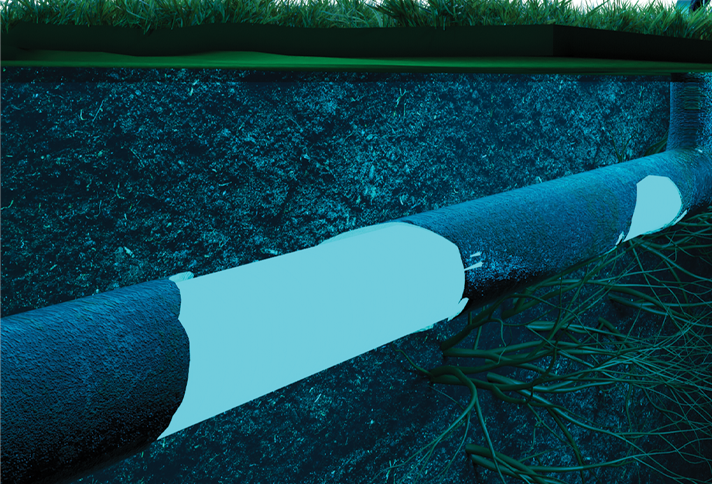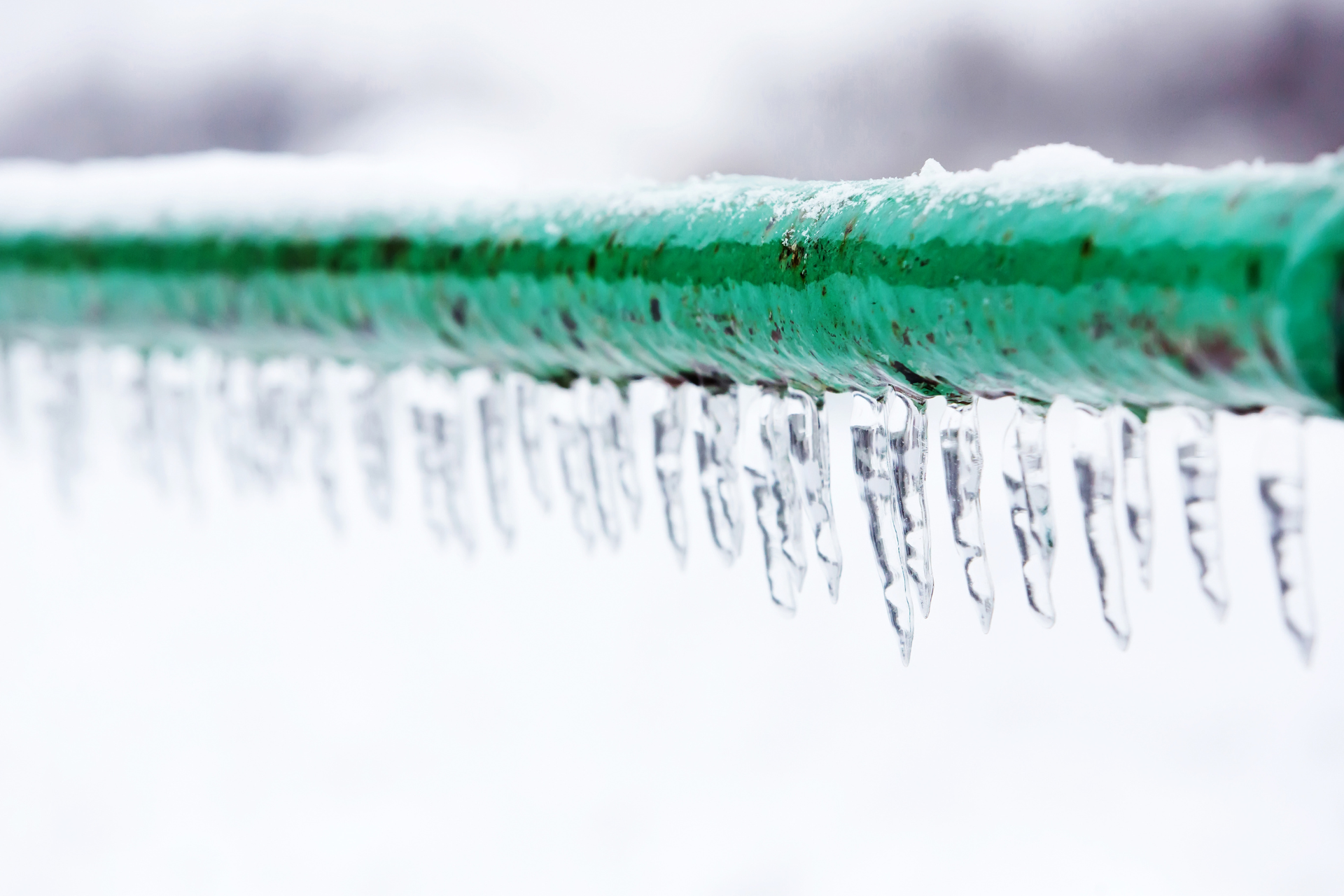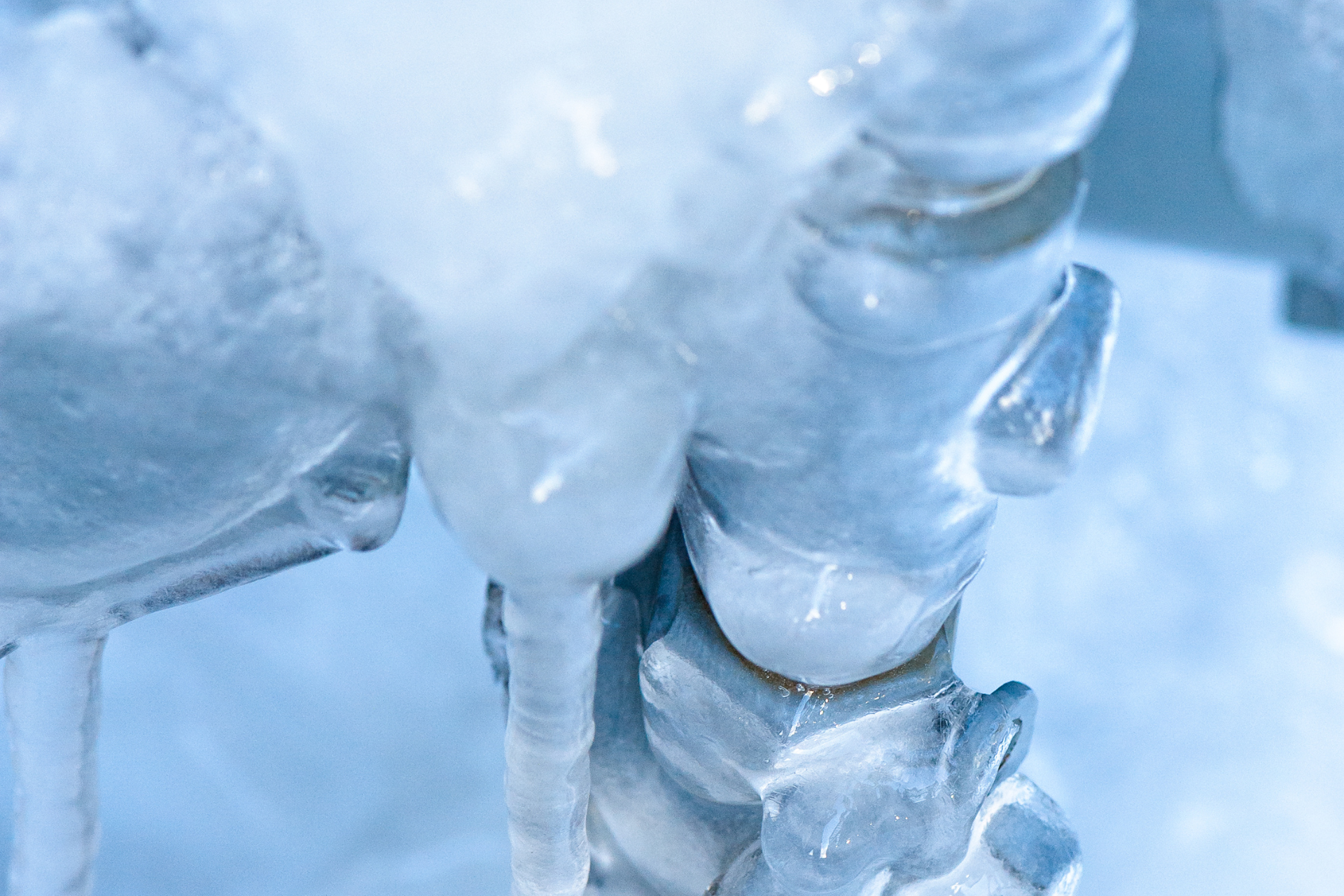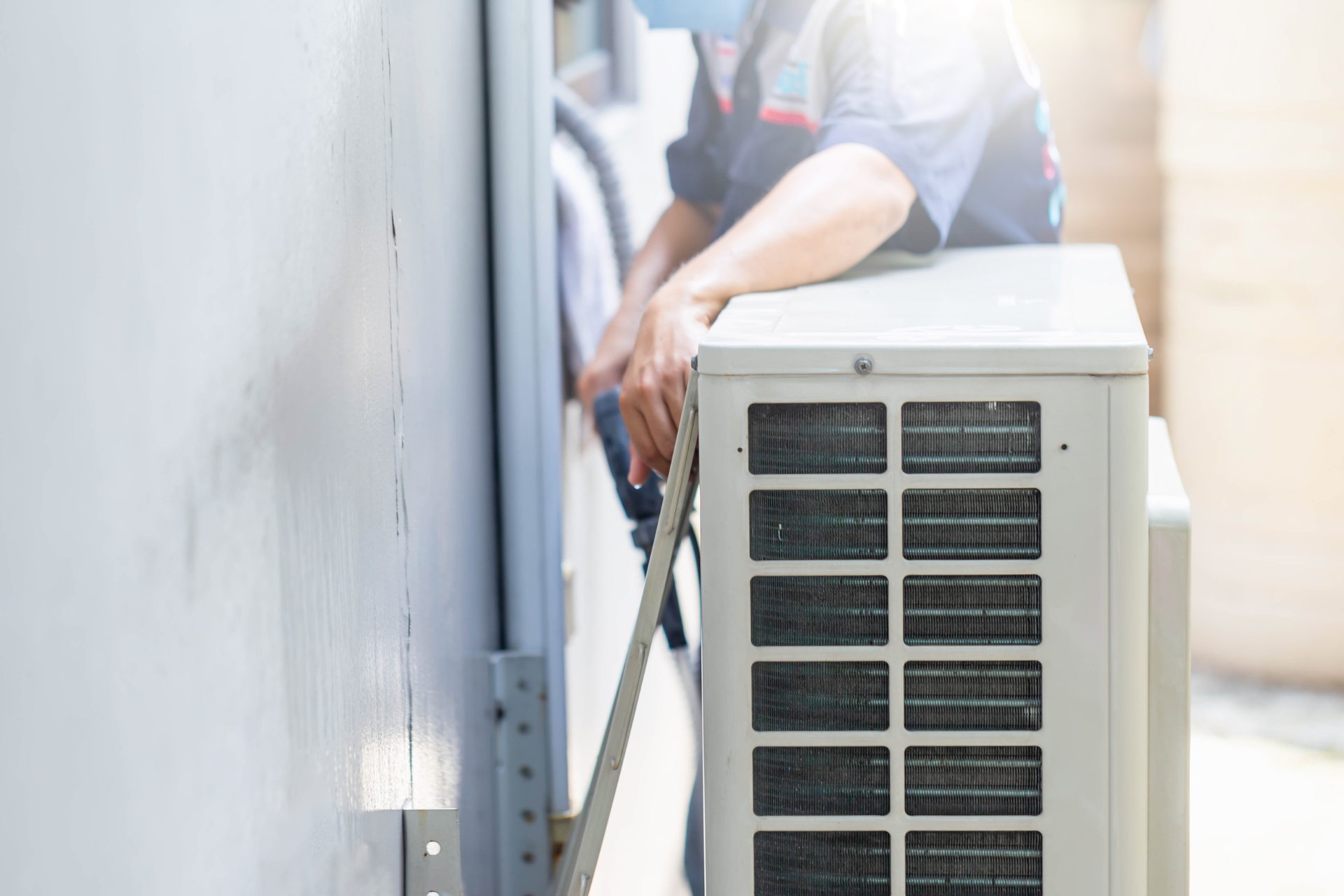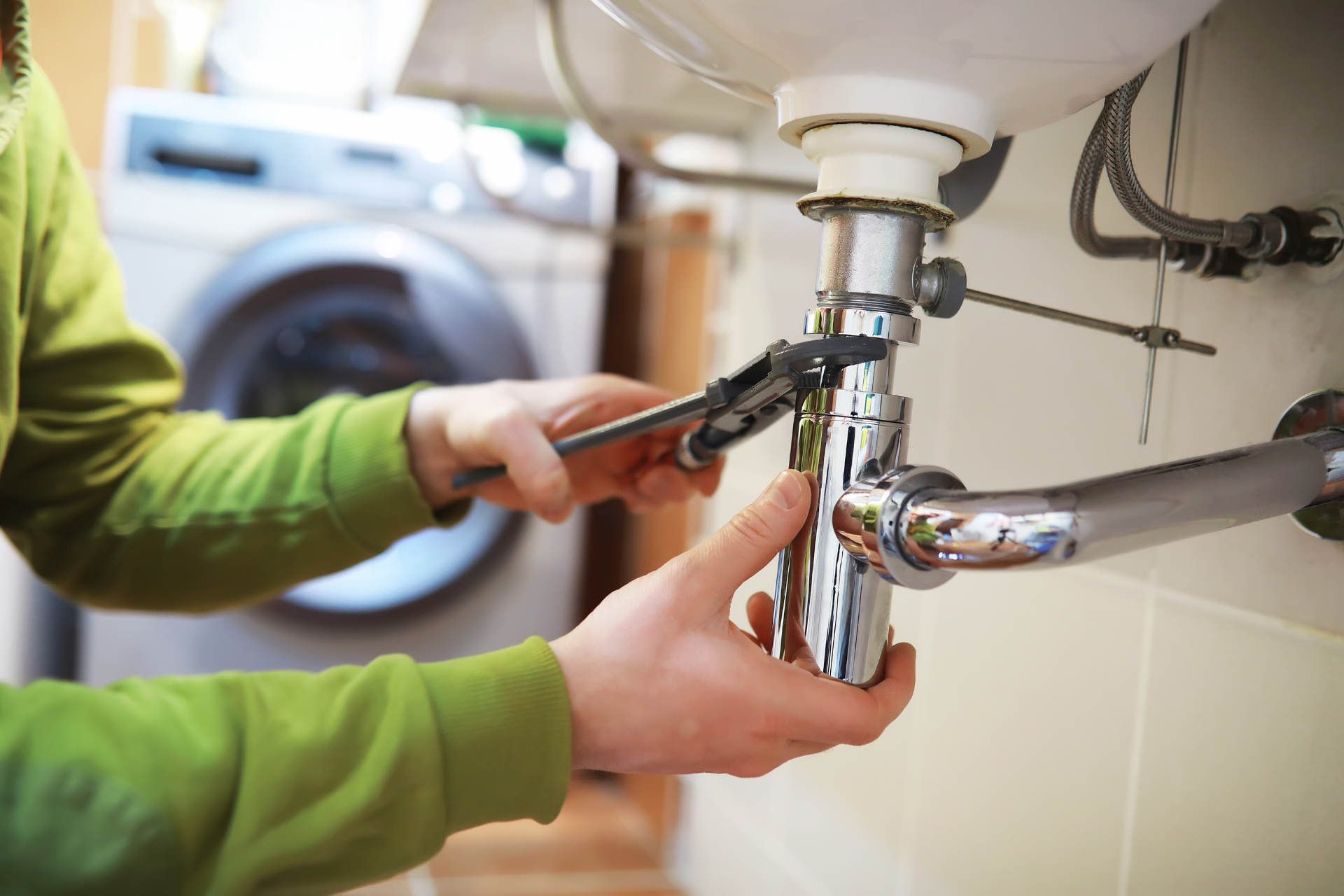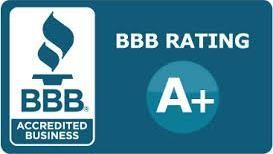Choosing the Right Water Heater for Your Home
When it comes to water heaters, homeowners typically have two main options: traditional tank water heaters and tankless water heaters. Understanding the differences between these two types can help you make an informed decision that best suits your home’s needs. At Riverway Plumbing & Mechanical, we're here to provide you with all the essential information.
How Does a Storage Tank Water Heater Work?
A traditional tank water heater stores hot water in an insulated tank, which can hold between 30 and 80 gallons. The heater continuously heats the water, keeping it ready for use. Here’s a breakdown of how it works:
- Cold Water Supply: Cold water enters the tank from the bottom through a dip tube.
- Heating Process: A gas burner or electric element heats the water.
- Heat Rises: As the water heats, it rises to the top of the tank.
- Hot Water Outlet: Hot water is drawn from the top of the tank when you turn on a hot water tap.
How Does a Tankless Water Heater Work?
Unlike traditional water heaters, tankless models do not store hot water. Instead, they heat water on demand using a powerful heat exchanger. Here’s how a tankless system operates:
- Cold Water Entry: Cold water enters the unit when a hot water tap is turned on.
- Heating Process: A gas burner or electric element quickly heats the water as it passes through the exchanger.
- Hot Water Outlet: The heated water is then delivered directly to the tap, shower, or appliance.
Storage Tank Water Heaters: Pros and Cons
Advantages:
- Lower Upfront Costs: Tank water heaters are generally less expensive to purchase and install.
- High Capacity: Can supply hot water to multiple fixtures simultaneously.
- Simplicity: Easier to install and repair compared to tankless models.
Disadvantages:
- Energy Inefficiency: Continuously heating water can lead to higher energy bills.
- Space Requirements: Requires significant space for installation.
- Limited Lifespan: Typically lasts 10-15 years with maintenance.
- Risk of Leaks: Tanks can develop leaks over time, potentially causing damage.
Tankless Water Heaters: Pros and Cons
Advantages:
- Energy Efficiency: Heats water only when needed, reducing energy consumption.
- Space-Saving: Compact design takes up less space.
- Longer Lifespan: Can last up to 20 years with proper maintenance.
- Less Risk of Leaks: No tank means less chance of leaks and water damage.
Disadvantages:
- Higher Upfront Costs: More expensive to purchase and install.
- Installation Complexity: May require modifications, such as new gas lines or venting.
- Limited Availability: Not as widely available as traditional tank models.
Sizing and Cost Considerations
Storage Tank Water Heaters
- Sizing: Determine the size needed based on your household’s peak hour demand. This can be calculated by adding up the flow rates of all hot water fixtures used during the busiest hour.
- Cost: Installing a tank water heater can range from $2,000 to $5,500, depending on whether it’s electric or gas.
Tankless Water Heaters
- Sizing: Based on your home’s water usage and the required temperature rise. Calculate the gallons per minute (GPM) needed during peak usage times.
- Cost: Installation costs for tankless heaters can start at $8,000, reflecting their higher efficiency and longer lifespan.
Which is Right for You?
Choosing between a tank and tankless water heater depends on your home’s specific needs and your long-term goals. Here are some key points to consider:
- Immediate Needs: If you need a quick and affordable solution, a tank water heater may be best.
- Energy Savings: For long-term savings on energy bills, a tankless water heater is more efficient.
- Space Constraints: If space is limited, a tankless unit’s compact size is advantageous.
- Lifespan: Tankless heaters offer a longer lifespan, which might justify the higher initial cost.
At Riverway Plumbing & Mechanical, we can help you assess your home’s requirements and guide you in choosing the best water heater solution. Contact us today to learn more about our services and to get professional advice on your water heating needs.
